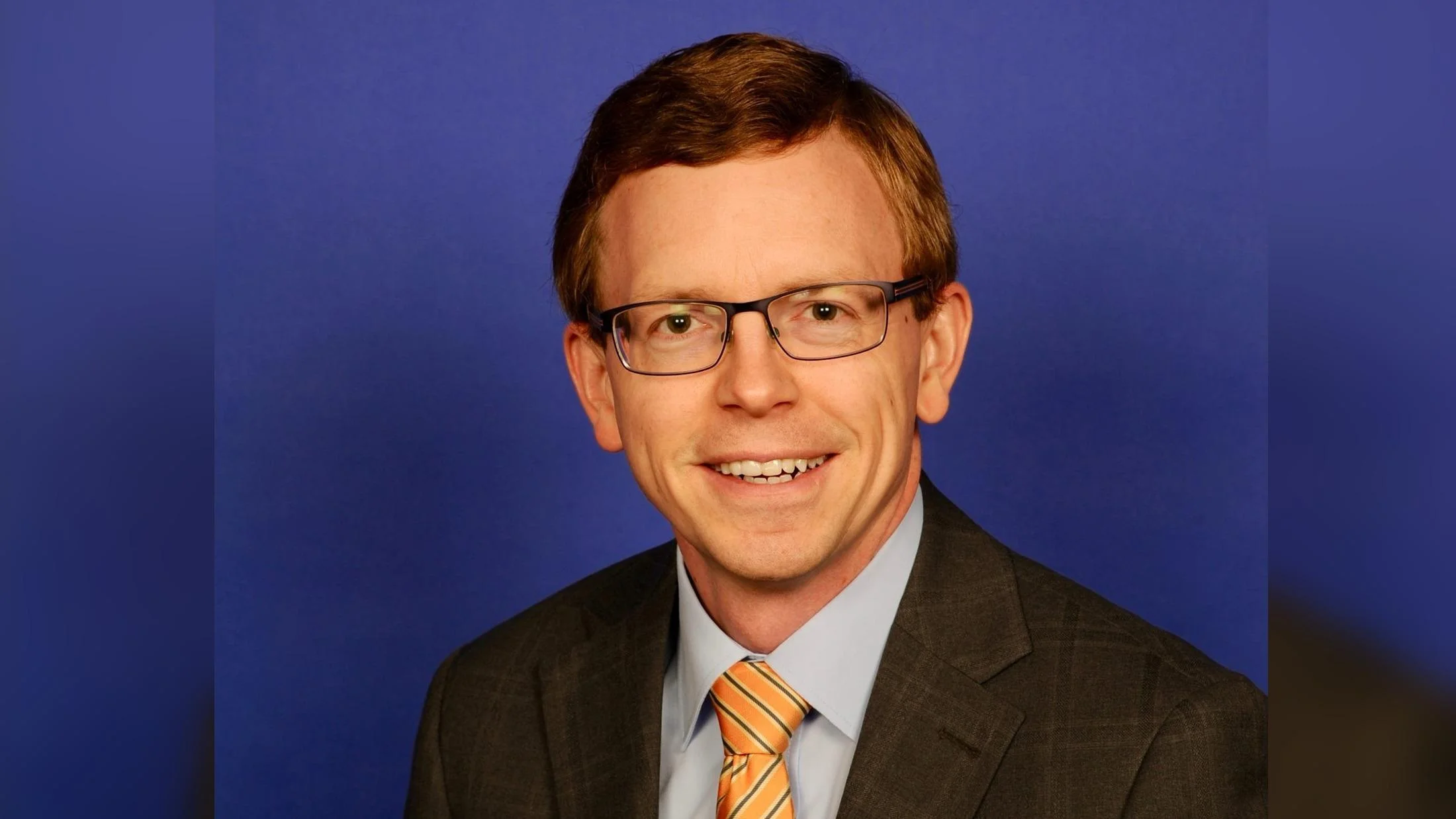Dusty Johnson U.S. House of Representatives from South Dakota's at-large district | Official U.S. House Headshot
Dusty Johnson U.S. House of Representatives from South Dakota's at-large district | Official U.S. House Headshot
China's vaping market, worth an estimated $28 billion, finds its products largely banned domestically. Despite this, electronic cigarette devices allegedly continue to enter the United States, bypassing shipping regulations and customs enforcement. Questions have arisen about the safety of these products, leading to scrutiny from American authorities.
There is a stark contrast between the vast quantity of vapes produced and sold, mainly originating from China, and the relatively few approved by the U.S. Food and Drug Administration (FDA). "Nearly 9,000 types are sold in the U.S. – the overwhelming majority of which are made in China," remarks a concerned observer, noting potential health risks associated with unregulated products.
A letter addressing this concern has been sent to key figures, including Secretary of Homeland Security Kristi Noem, Attorney General Pam Bondi, and Acting FDA Commissioner Sara Brenner. The letter urges cooperation to mitigate this issue. “The Trump Administration is uniquely positioned to take a strong stance against this illicit activity and curb the flow of these illegal products – protecting Americans’ health and safety,” it asserts.
In a related development, preparations are underway for a "National Garden of Heroes," a vision that President Trump initially announced alongside Mount Rushmore nearly five years ago. Described as a tribute to those influential in American history, arrangements for the garden have gained momentum following a recent executive order. The Lien family of South Dakota has proposed a donation of 40 acres of land for this project.
Efforts to bring the garden to fruition involve collaboration with local and national officials. “I’ve been working with the Lien family, the White House, and Secretary Burgum to get the Garden of Heroes built in the beautiful Black Hills,” explains an advocate, keen on advancing the initiative.
Additionally, new legislation has been introduced to regulate the 340B drug program's funding aspects, specifically concerning transgender care. The "No 340B Savings for Transgender Care Act" aims to ensure program integrity, receiving backing from Riley Gaines, known for advocacy in women’s sports. It clarifies an existing stance: “I am and will continue to be a strong supporter of the 340B program,” but it should meet emergent health needs over subsidizing gender-altering procedures.
This legislative move seeks to maintain the program’s sustainability and effectiveness, directing resources to urgent health priorities while continuing support for low-income and rural communities.


 Alerts Sign-up
Alerts Sign-up